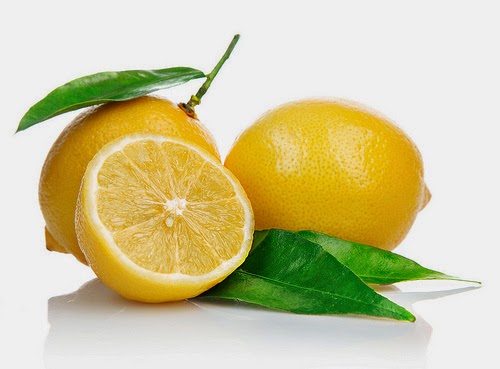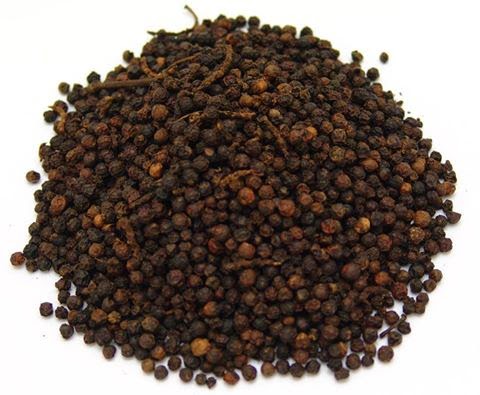Despite its popular association with trips to the restroom, fiber is
no joke. The benefits of an efficient bowel aside, a high-fiber diet can
also reduce the risk of
stroke, hypertension, and
heart disease.
Unfortunately, fiber consumption is currently at an all-time low, with
less than three percent of Americans meeting the recommended intake
.
Why Fiber?
Fiber is something the body needs but never actually digests—in fact,
it remains more or less the same from plate to toilet. It comes in two
varieties, soluble and insoluble, and most plant-based foods contain a
mixture of the two. Soluble fiber turns to gel in the stomach and
slows digestion, which helps
lower cholesterol and blood glucose. Insoluble fiber, on the other hand, remains unchanged all the way to the colon, making waste heavier and softer so it can
shimmy through the intestines more easily. Regardless of these differences, neither type of fiber is ever absorbed into the body.
The Best High-Fiber Foods
Note: The amount of fiber in these foods can vary slightly between the raw and cooked versions.

Fiber: 16.3 grams per cup, cooked.
Go-To Recipe: Spinach and Yellow Split Pea Soup
A staple in Indian cooking, split peas form a terrific, protein-rich base for soups, stews, and
dhals. This South Asian recipe is the best kind of comfort food: healthy, satisfying, and super filling.
Fiber: 15.6 grams per cup, cooked.
Go-To Recipe: Lentil Quinoa Burgers with Sautéed Mushrooms
Lentils are kitchen all-stars—they take less time to cook and are more
versatile than many other legumes. This recipe takes advantage of their
slightly meatier taste and turns them into a juicy patty that’s held
together with lemon juice, cilantro, and walnuts.
Fiber: 15 grams per cup, cooked.
Go-To Recipe: Black Bean and Sweet Potato Chili
Sweet potato pairs perfectly with the smokiness of chipotle peppers and
adds even more fiber to this hearty bean dish. Loaded with complex
carbs and protein, this cold-weather stew makes a perfect post-workout
meal.
Fiber: 13.2 grams per cup, cooked.
Go-To Recipe: Leek and Lima Bean Soup with Bacon
Lima beans might sound unappetizing, but when cooked in bacon fat,
paired with leeks, puréed into a soup, and topped with sour cream,
they’re pretty darn delicious.

Fiber: 10.3 grams per medium vegetable, cooked.
Go-To Recipe: Roasted Artichokes for Two
Packing more fiber per serving than any other vegetable, artichokes are
curiously underused in most people’s kitchens (perhaps because they
look a bit… prickly). Get creative and try this simple recipe with lime,
garlic, and black pepper.
Fiber: 8.8 grams per cup, cooked.
Go-To Recipe: Scallops on Minted Pea Purée with Prosciutto
Puréeing veggies is a great way to squeeze extra nutrients into any
meal—this recipe comes together lightning-fast and is filled with
protein,
omega-3s, and, of course, fiber.
Fiber: 5.1 grams per cup, boiled.
Go-To Recipe: Paleo Broccoli Fritters
This caveman-friendly dish is pretty simple. To make these fritters,
just combine onion, garlic, broccoli, eggs, and almond meal. Once they
hit the table, you’ll be surprised how much broccoli gets finished in
one sitting.
Fiber: 4.1 grams per cup, boiled.
Go-To Recipe: Hoisin Glazed Brussels Sprouts
Try this Asian twist on the old standard—this meal carries tones of
ginger, sesame, and peanut that will keep you coming back for seconds
(and maybe thirds).

Fiber: 8 grams per cup, raw.
Go-To Recipe: Raspberry, Coconut, and Oat Macaroons
Raspberries aren’t a hard sell—they’re basically nature’s candy. With
the help of coconut, oatmeal, and vanilla, they make a relatively
healthy dessert that pleases any palate.


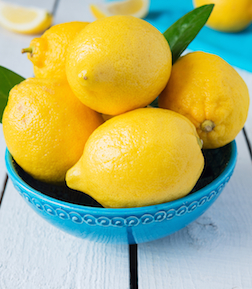




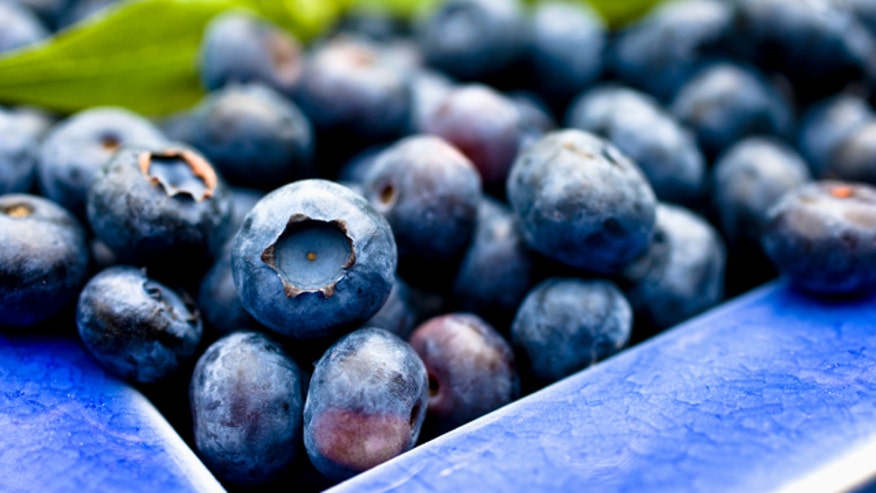

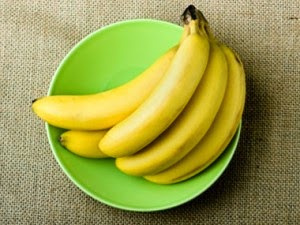
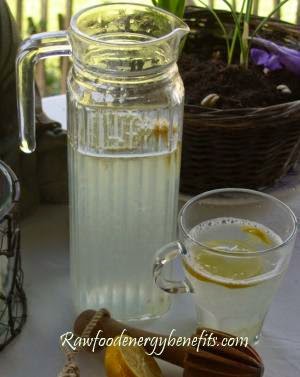
.jpg)


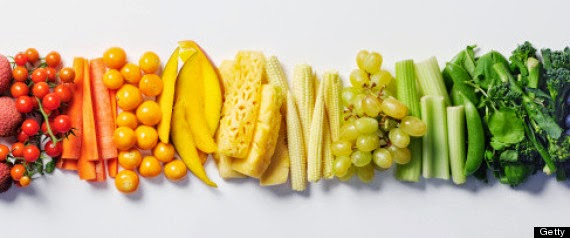

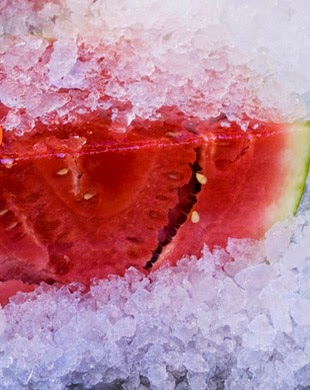



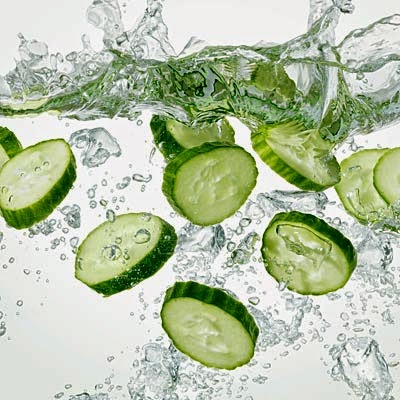
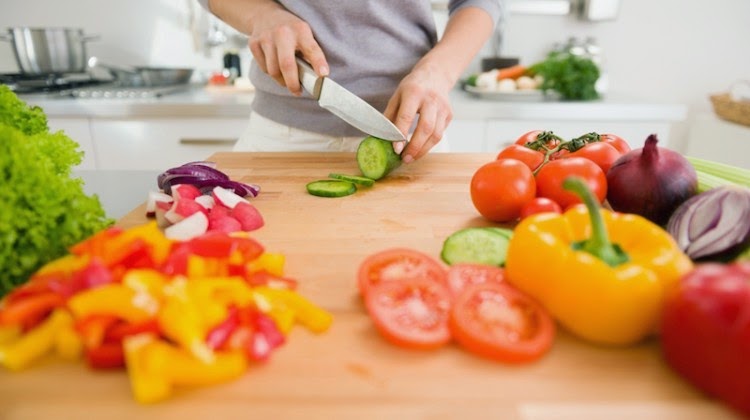
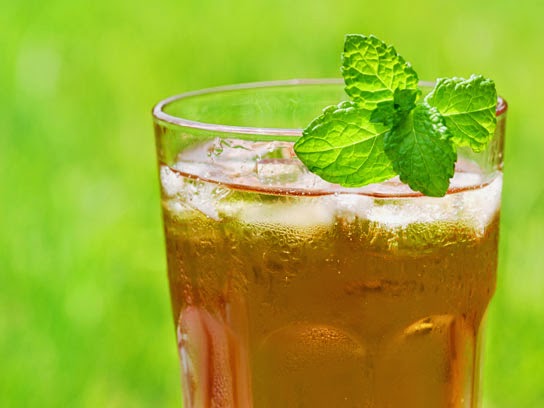
-Step-4.jpg)

